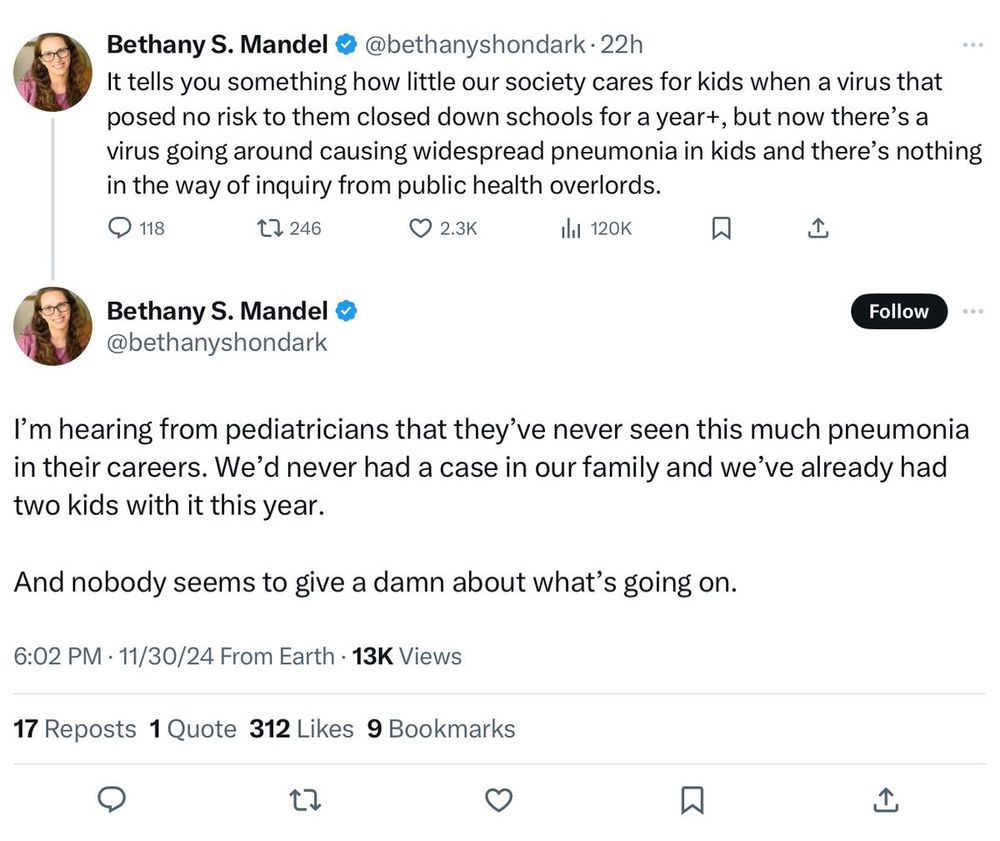Dolphin
Senior Member (Voting Rights)
https://www.thelancet.com/journals/lanepe/article/PIIS2666-7762(24)00309-0/fulltext
The overlooked burden of persistent physical symptoms: a call for action in European healthcare
Toussaint, AnneBlanch, Jordi et al.
The Lancet Regional Health – Europe, Volume 48, 101140
Summary
Regardless of their cause, persistent physical symptoms are distressing somatic complaints that occur on most days for at least several months.
They are common in patients with somatic diseases, functional somatic disorders, mental disorders, and undiagnosed medical conditions and are often associated with significant impairment and medical costs.
Despite their prevalence and impact, persistent physical symptoms are often overlooked in medical care.
This Personal View stresses the importance of recognising persistent physical symptoms as a European health issue.
It advocates improvements in research, clinical management, public health, and policy.
Efforts should prioritise integrating models of symptom perception and biopsychosocial perspectives into medical care and education, fostering interdisciplinary collaboration, and developing standardised guidelines to enhance patient care, reduce stigma, and improve clinical outcomes.
Increased research funding can accelerate progress in understanding and effectively managing persistent physical symptoms.
Addressing these priorities will support patients and healthcare professionals, ensuring adequate care and a higher quality of life for affected individuals.
The overlooked burden of persistent physical symptoms: a call for action in European healthcare
Toussaint, AnneBlanch, Jordi et al.
The Lancet Regional Health – Europe, Volume 48, 101140
Summary
Regardless of their cause, persistent physical symptoms are distressing somatic complaints that occur on most days for at least several months.
They are common in patients with somatic diseases, functional somatic disorders, mental disorders, and undiagnosed medical conditions and are often associated with significant impairment and medical costs.
Despite their prevalence and impact, persistent physical symptoms are often overlooked in medical care.
This Personal View stresses the importance of recognising persistent physical symptoms as a European health issue.
It advocates improvements in research, clinical management, public health, and policy.
Efforts should prioritise integrating models of symptom perception and biopsychosocial perspectives into medical care and education, fostering interdisciplinary collaboration, and developing standardised guidelines to enhance patient care, reduce stigma, and improve clinical outcomes.
Increased research funding can accelerate progress in understanding and effectively managing persistent physical symptoms.
Addressing these priorities will support patients and healthcare professionals, ensuring adequate care and a higher quality of life for affected individuals.

